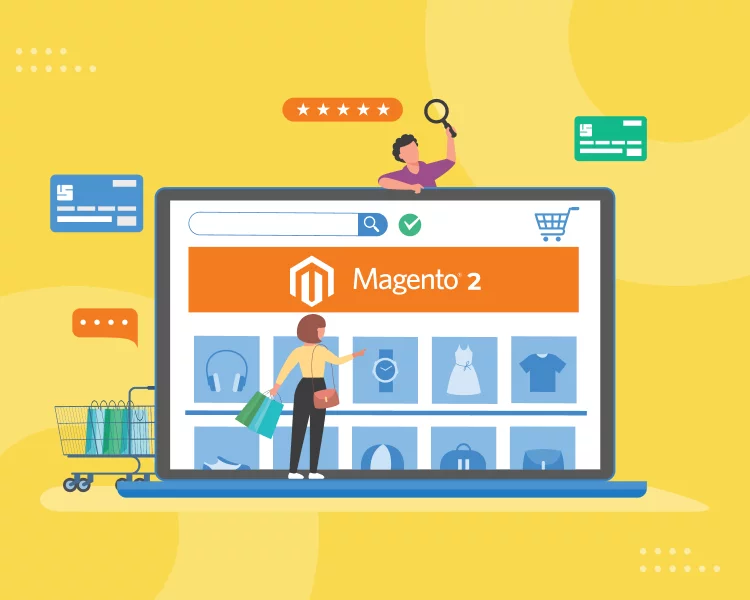When it comes to establishing a robust online store, Magento 2 offers a powerful platform for e-commerce businesses. However, with the rise of Software as a Service (SaaS) solutions, many businesses are considering Magento 2 SaaS for its scalability, performance, and cost-effectiveness. Understanding the Magento 2 SaaS cost is essential for businesses planning to leverage this platform for their e-commerce operations.
The Appeal of Magento 2 SaaS
Magento 2 SaaS combines the rich features of the Magento platform with the convenience and scalability of a cloud-based service. This model allows businesses to access a full suite of e-commerce tools without the need for extensive infrastructure or upfront investment in software licenses. The SaaS model is particularly appealing for its subscription-based pricing, which includes hosting, support, and continuous updates, ensuring that the e-commerce platform remains secure and state-of-the-art.
Breaking Down Magento 2 SaaS Cost
The cost of Magento 2 SaaS can vary significantly based on several factors, including the size of the business, the level of customization required, and the volume of sales and traffic. Typically, Magento 2 SaaS providers offer tiered pricing plans to accommodate the needs of different businesses, from small startups to large enterprises.
For small to medium-sized businesses, Magento 2 SaaS costs may start at a few hundred dollars per month. These plans often include web hosting, basic support, and access to essential e-commerce features. As businesses grow and require more advanced features, such as custom integrations, dedicated hosting environments, and premium support, the cost can increase to several thousand dollars per month.
For larger enterprises with high traffic volumes and complex e-commerce needs, Magento 2 SaaS costs can be significantly higher. These plans may include dedicated servers, advanced security features, and a higher level of support. Additionally, enterprises may incur extra costs for API calls, data storage, and additional bandwidth usage.
Cost-Effective Scaling with Magento 2 SaaS
One of the key benefits of Magento 2 SaaS is its scalability. As businesses grow, they can easily upgrade their plans to accommodate increased traffic and sales without the need for significant reinvestment in infrastructure. This scalability is a cost-effective way for businesses to grow their online presence, as they only pay for the resources they need when they need them.
Customization and Magento 2 SaaS Cost
Customization is a significant factor in Magento 2 SaaS cost. While the platform offers a range of out-of-the-box features, many businesses require custom development to tailor the store to their specific needs. Custom themes, extensions, and integrations can add to the overall cost. However, the investment in customization can lead to a more efficient operation and a better customer experience, which can translate into higher sales and a stronger return on investment.
The Long-Term Perspective on Magento 2 SaaS Investment
When considering Magento 2 SaaS cost, it’s important to take a long-term perspective. The initial investment in a SaaS solution may seem substantial, but it must be weighed against the potential revenue growth and cost savings from increased efficiency. Additionally, the ongoing costs associated with maintaining and updating an e-commerce platform are included in the subscription, which can lead to lower total cost of ownership over time.
Magento 2 SaaS offers a flexible and scalable solution for businesses looking to build or expand their online stores. While the costs associated with Magento 2 SaaS can vary, the investment is often justified by the platform’s robust capabilities, scalability, and the comprehensive nature of the service. By carefully considering their specific needs and growth plans, businesses can select a Magento 2 SaaS plan that provides the best value and supports their long-term e-commerce success.


